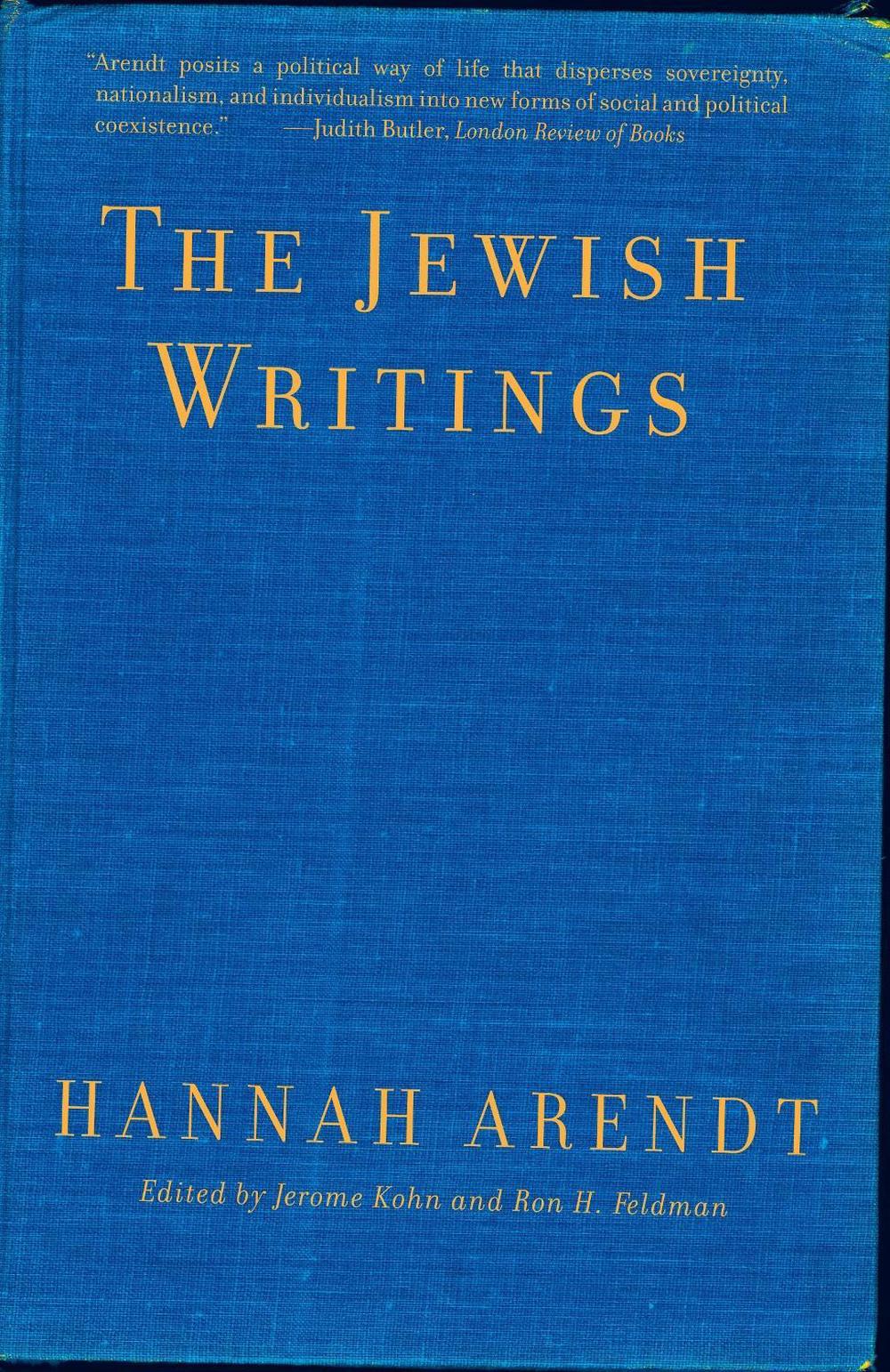
The Jewish Writings
$69.85
- Paperback
640 pages
- Release Date
14 March 2008
Summary
From the most important 20th-century political philosopher, a volume that assembles her most important writings on Judaism, now in paperback.
Although Hannah Arendt is not primarily known as a Jewish thinker, she probably wrote more about Jewish issues than any other topic. As a young adult in Germany, she wrote about German Jewish history. After moving to France in 1933, she helped Jewish youth immigrate to Palestine. During her years in Paris, her principle concern was the transform…
Book Details
| ISBN-13: | 9780805211948 |
|---|---|
| ISBN-10: | 0805211942 |
| Author: | Hannah Arendt |
| Publisher: | Schocken Books |
| Imprint: | Schocken Books |
| Format: | Paperback |
| Number of Pages: | 640 |
| Release Date: | 14 March 2008 |
| Weight: | 533g |
| Dimensions: | 203mm x 132mm x 34mm |
What They're Saying
Critics Review
“Arendt posits a political way of life that disperses sovereignty, nationalism, and individualism into new forms of social and political coexistence.”–Judith Butler, London Review of Books“Arendt’s experience as a Jew was sometimes that of an eyewitness and sometimes that of an actor and sufferer of events, all of which run the risk of partiality; but it was also always that of a judge, which means that she looked at those events and, insofar as she was in them, at herself from the outside. Her Jewish writings from more than thirty years are less exemplifications of Arendt’s political ideas at work than the experiential ground from which those ideas grew and developed. It is in this sense that her experience as a Jew is literally the foundation of her thought: it supports her thinking even when she is not thinking about Jews or Jewish questions.”–From the preface by Jerome Kohn
About The Author
Hannah Arendt
Hannah Arendt was born in Hanover, Germany, in 1906, fled to Paris in 1933, and came to the United States after the outbreak of World War II. She was the editorial director of Schocken Books from 1946 to 1948, and taught at Berkeley, Cornell, Princeton, the University of Chicago, and The New School for Social Research. Arendt died in 1975.
Returns
This item is eligible for free returns within 30 days of delivery. See our returns policy for further details.




